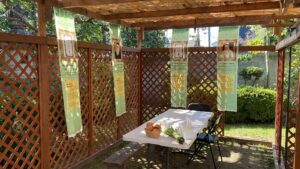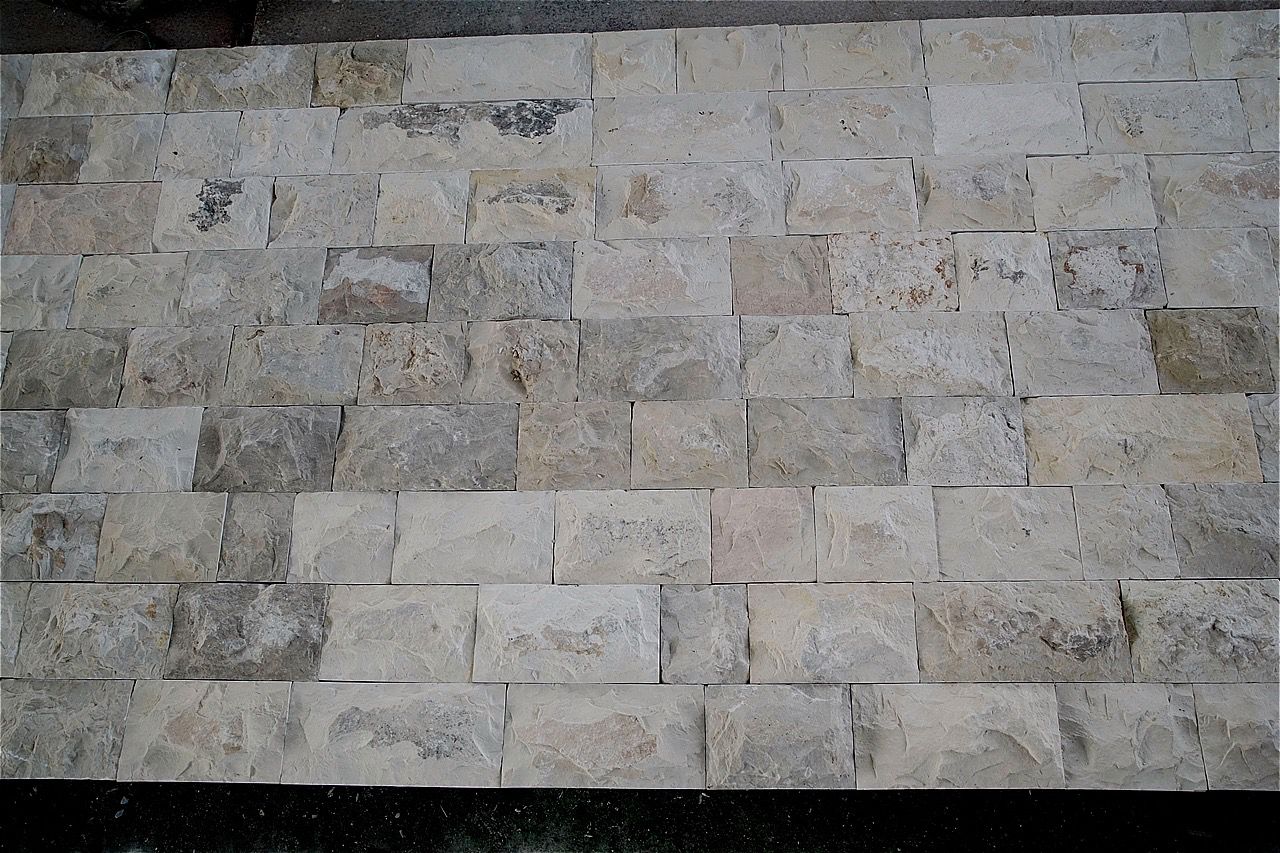Are Noahides Allowed to Sit in the Sukkah?
The Feast of Tabernacles (Sukkot) is a significant Jewish festival that signifies the support of the Divine Providence. Among the last prophets, Zechariah’s prophecies often revolve around the era of Moshiach and the events that will happen in the festival of Sukkot.
This prophecy is brought in Zechariah 14:16-17: “Then everyone who is left of all the nations that came against Jerusalem shall go up from year to year to worship the King… and to keep the Feast of Tabernacles.” Traditionally, the Feast of Tabernacles is a Jewish festival. However, the prophecy says that in the Messianic era, all nations will bring burnt offerings to the Third Holy Temple in Jerusalem.
Presently, Noahides individuals are not obliged to observe the commandment of dwelling in the Sukkah. This festival is not a religious obligation for them, as they are prohibited from creating a new religion apart from the Seven Noahide Laws. Although nowadays non-Jews are not bound by this commandment, should they choose to sit in the Sukkah for the sake of reward, they may do so, but not as a religious commandant. (The divine code chapter 3:3)
The prophecy of Zachariah says that nations that have repented from their past ways will converge on Jerusalem each year during Sukkot to worship G-d and partake in the celebration of this holiday. Those nations that heed this call and come to Jerusalem will be blessed with abundant rainfall, ensuring the fertility of their crops. Conversely, those who neglect this order will experience a lack of rain, impacting their fields.
In this vision of the future, nations put aside their conflicts to unite in worship and celebration of the holiday of Sukkot. It brings a future of global peace, unity, and spiritual harmony, this can only be realized under the guidance of King Moshiach. At its core, this prophecy is setting the stage for huge revelations of the coming redemption.
*This is from a series of articles by Rabbi Bernstein Moshe.





